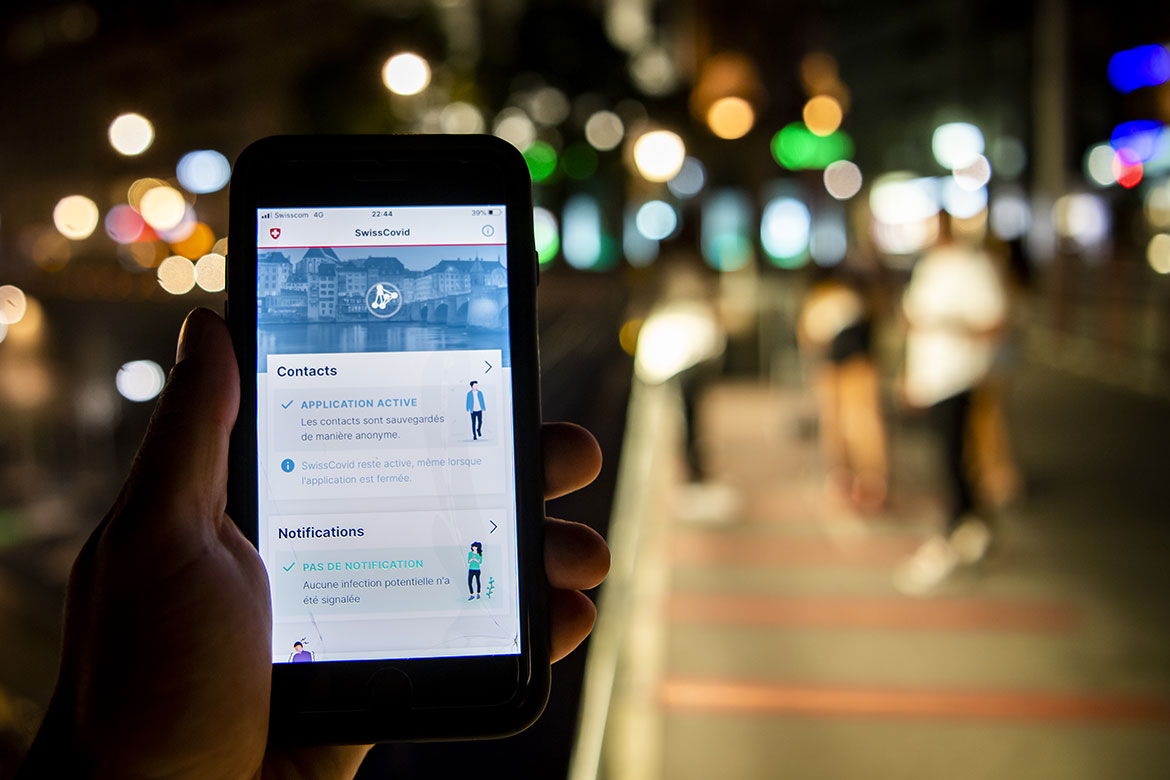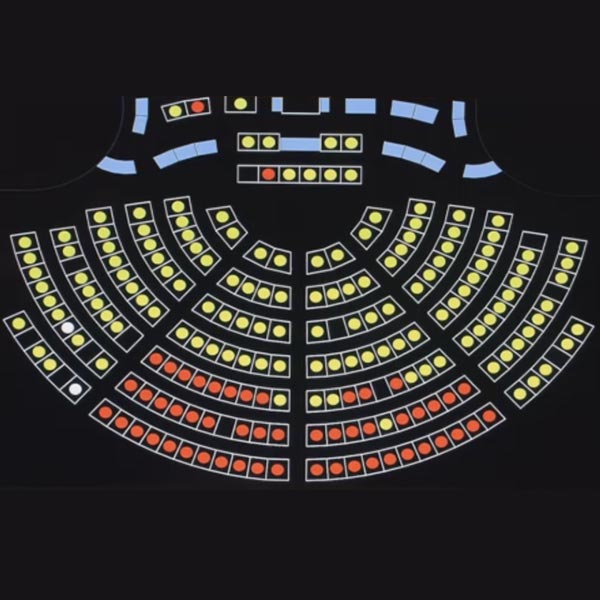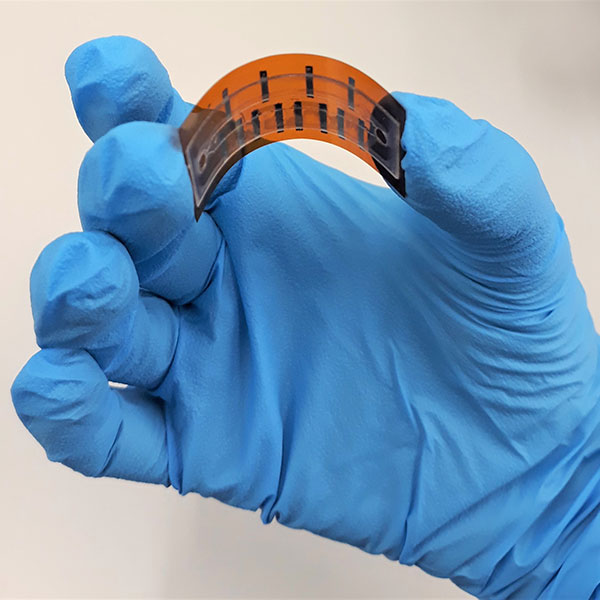EXPERIMENTAL PSYCHOLOGY
Eye contact shortens subjective time
Attentive or alarmed? A study of real and subjective time has revealed what happens when we make eye contact with others.

When these eyes move to look straight at you, you might perceive time as moving slower than it really does. | Photo: Manuel Meurisse/Unsplash
Have you ever looked a bear in the eye? Hopefully not, because animals perceive this as a threat. It’s different with humans, believes the psychologist Nicolas Burra from Geneva. For us, a glance tends to capture our attention and is therefore possibly beneficial for social interaction. Burra carried out the following experiment: Test participants saw the eyes of a face move in their direction for a couple of seconds, and had to estimate the duration of the eye contact. They perceived the time to be about 33 milliseconds shorter than it actually was. It is well established that such misjudgements by our internal clock occur when we are being more attentive. In cases of danger, on the other hand, we tend to overestimate time. These small differences were measured in a whole series of experiments whose results are therefore reliable, says Burra.




